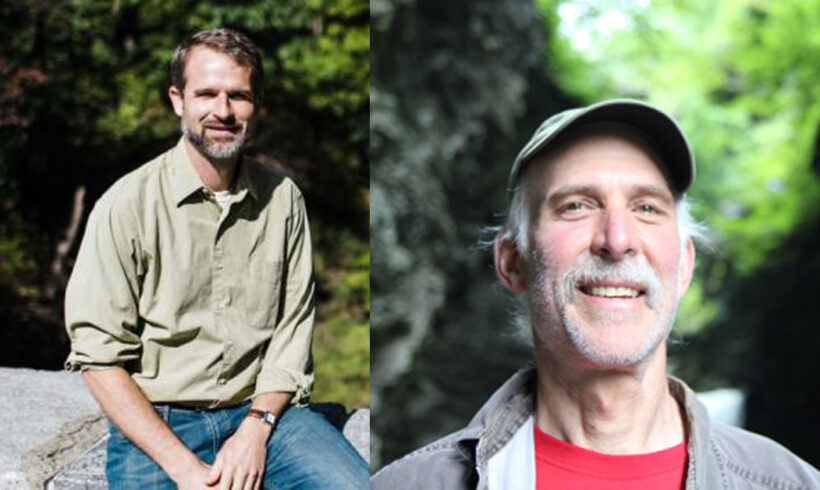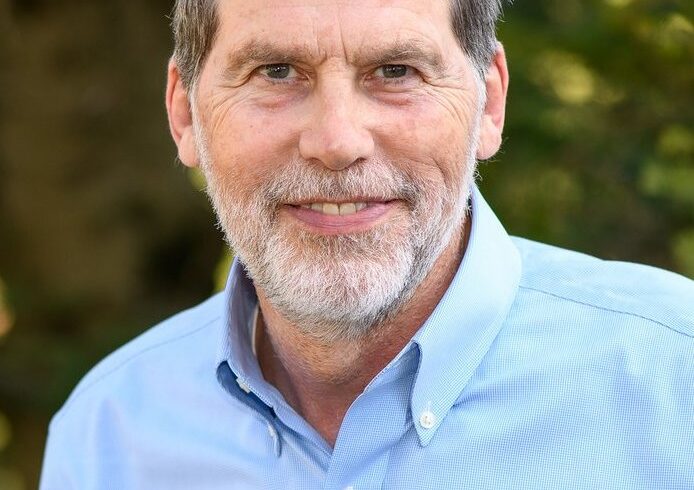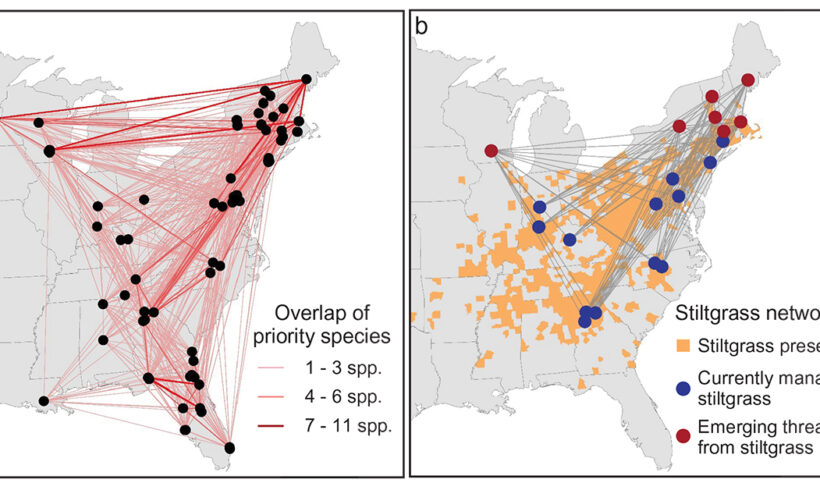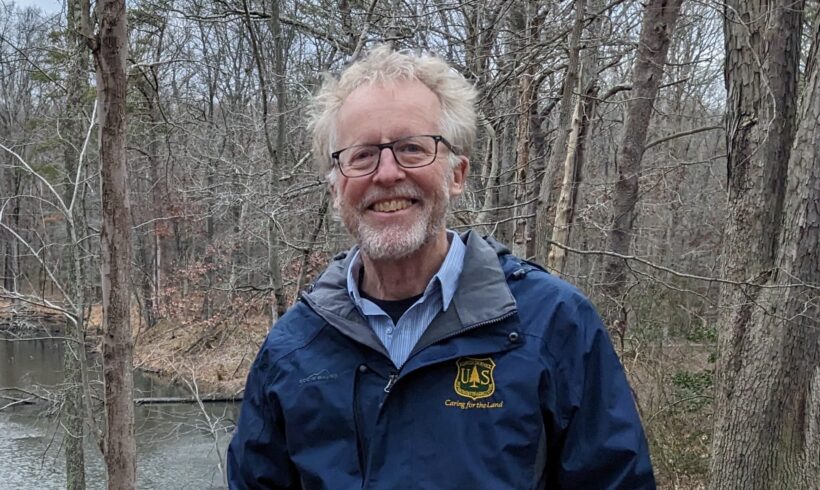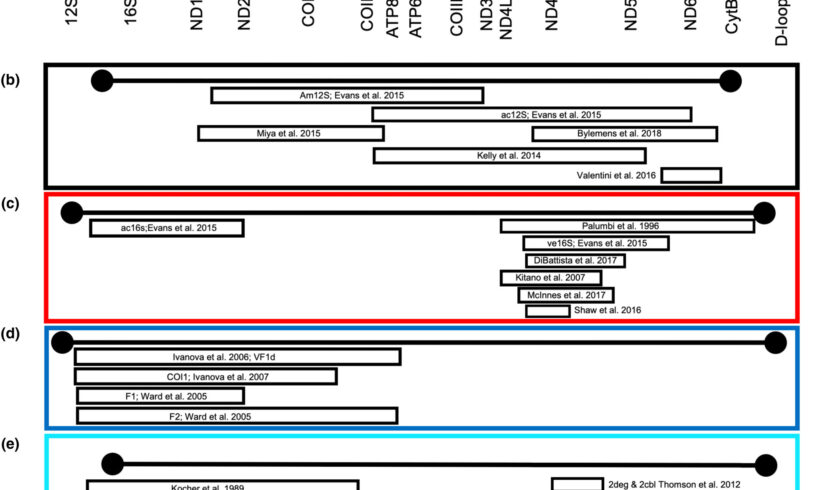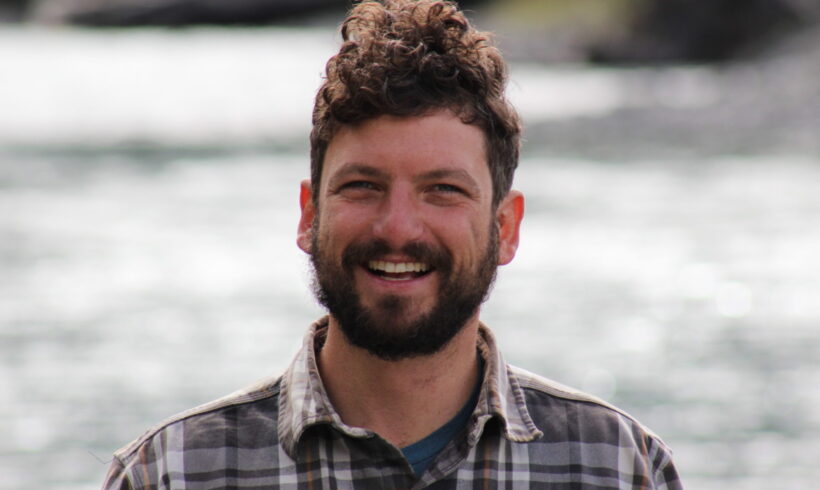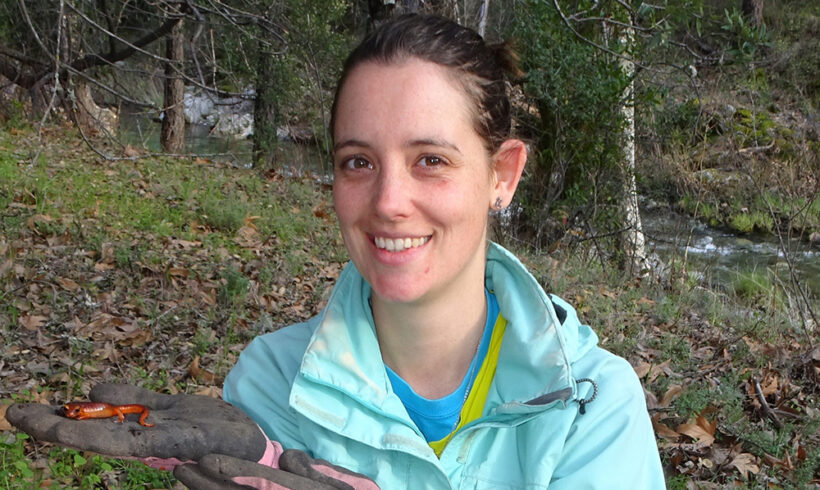Torres et al. investigate what happens when you remove invasive plant species, and how timing of removal activities impacts plant communities.
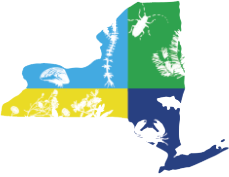
New York Invasive Species Research Institute
Archive for tag: invasive species
Researcher Spotlight: Dr. Cliff Kraft and Dr. Pete McIntyre
This month, we interviewed Dr. Cliff Kraft and Dr. Pete McIntyre of the Adirondack Fishery Research Program who study invasive smallmouth bass in the Adirondacks
Getting to the (Data) Point
Fusco et al. (2023) summarize what spatial invasive plant data is available in the United States and how it can be used.
Researcher Spotlight: Dr. David Lodge
This month, we interviewed David Lodge, one of the world's leading invasive species experts with a long history of collaborations to advance science into the public policy arena.
Embracing change in policy with a changing climate
Bradley et al. (2023) lay out ideas for better integration of invasive species and climate change policies and practices
Researcher Spotlight: Dr. Andrew Liebhold
This month, we interviewed Dr. Andrew liebhold, a research entomologist with the U.S. Forest Service's Northern Research Station with over three decades of experience studying invasion ecology of major forest invasives.
Integrating EDRR surveillance with eDNA metabarcoding
How complete are current eDNA reference libraries for the Laurentian Great Lakes region? Can we confidently integrate invasive species detection with biodiversity sampling?
Missed signals: Invasive species noise disrupts native species communication
Invasive species vocalizations may be a significant avenue for competition among species. This thought-provoking article gives a glimpse into the potential effects of invasive species disrupting a soundscape.
Researcher Spotlight: Dr. Steve Grodsky
This month, we interviewed Dr. Steve Grodsky at Cornell University who specializes in the emerging field of energy ecology — the study of interactions among energy development, ecosystems, and people.
Researcher Spotlight: Dr. Annette Evans
This month, we interviewed Dr. Annette Evans, a postdoctoral researcher at UMass Amherst/Northeast Climate Adaptation Science Center, whose work combines invasion ecology and climate change to inform land management by modeling abundance and distributions of invasive plants.


